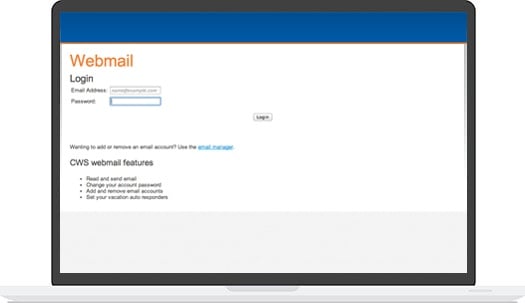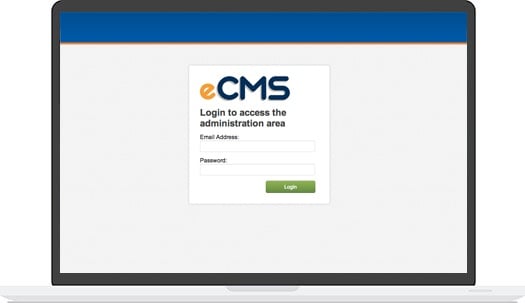PHP has grown to be a popular server-side scripting language over the years. As of 2019, almost 80 percent of all websites use some version of PHP. This web development-focused scripting language has served many websites over the years, and has powered WordPress websites, plugins and themes.
[RELATED: Learn more about full-service website development here.]
But, with the end of life of PHP 5---a version of the scripting language that's been out since the turn of the 21st century-- it's crucial for your hosting agency to implement to the latest version of PHP: PHP 7. Here's why:
1. End of Life Support Means Increased Hacking
On December 31st, 2018, security supports concluded for all PHP 5x versions. The alarming aspect of the end of life of PHP is that 62 percent of websites were running on PHP 5x in 2018. That means that the sites that did not update their PHP could face increased data breaches and hacking incidents.
It's no secret that hackers constantly search for vulnerabilities in websites, but the repercussions of sites that lack security can be astonishing. That's because a poorly secured site can have adverse implications, including hefty fines for noncompliance with industry rules or federal laws and exuberant costs in the millions due to a loss in revenue or even lawsuits. Thus, it's critical to safeguard your site by taking the necessary step to update your PHP version.
2. No Update Means No Security
Another critical aspect to understand about the implications of PHP 5's end of life is that there will no longer be support for security enhancements. Every site today requires some form of security to thwart hackers from stealing sensitive information, such as credit card information or personal email addresses that site users may input into forms on your website. So, it's critical to update PHP 5 with the latest version if you want to keep your site secure.
3. You Can Experience Performance Issues
Without updating your PHP version, you can also experience reduced performance. A version of PHP that is no longer supported means that it's not being tested on a regular basis. Testing is important in development because it helps developers and users identify errors and implement solutions to fix them.
The latest version of PHP can ensure you avoid random bugs associated with older versions of the scripting language so you can enhance site performance. If you have PHP developer skills, you can migrate to PHP 7 by reviewing the migration documentation from the main PHP support site to ensure a smooth transition. You can also save time by using a hosting agency that supports PHP 7.
4. You'll Have to Pay for Ongoing Support (If It's Available)
Newer versions of PHP, such as PHP 7, get free security updates. However, if your website runs on PHP 5, expect to pay for continued support from a third-party provider.
Moreover, you'll have to consider whether running and maintaining a website on a version of PHP 5 makes financial and practical sense for your business, as finding the right provider with developers who have experience with PHP 5 maintenance may become more challenging over time.
However, you can reach out to your hosting provider to encourage them to host your site with PHP 7 support. Also, consider leveraging professionals that have experience with PHP 7 support, such as CWS.
Final Thoughts
With the end of life of PHP 5, it's important to consider the implications for running your site on an outdated PHP version. From security vulnerabilities to site performance issues, it's critical to update your website to run on the latest version of PHP. Instead, consider using PHP 7 to support your website to improve your site's performance and enhance user experience.

.jpg?t=1533315998368) How-To Articles
How-To Articles Support Portal
Support Portal Webmail
Webmail Rapid Newsletter+
Rapid Newsletter+ eCMS
eCMS



